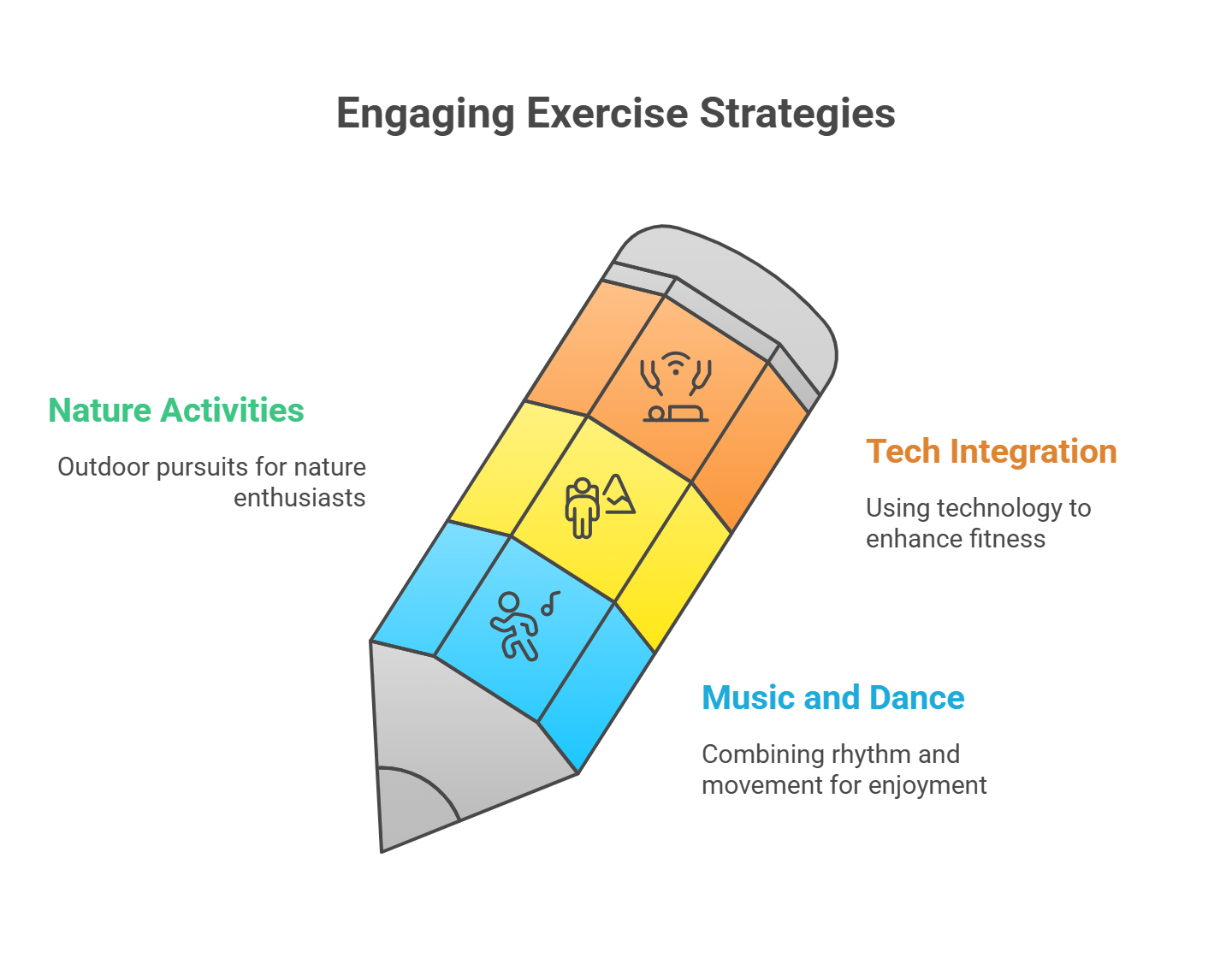
Unleashing the Power of Exercise: A Breakthrough for ADHD
Imagine your brain has a pause button that can help you manage impulsivity and increase focus—this is what scientists refer to as inhibitory control. For those with Attention Deficit Hyperactivity Disorder (ADHD), achieving this level of self-regulation can transform daily life. Regular exercise, particularly resistance training, can play a significant role in enhancing this "pause button" functionality, leading to improved impulse control. But just how can exercise be incorporated effectively into the lives of those who face these challenges?
In Can Exercise Really Help the ADHD Brain Focus?, the discussion dives into using exercise strategically to support ADHD management.
Starting Small: Tiny Steps for Big Changes
For adults with ADHD, initiating and adhering to new routines can feel overwhelming. This is where the strategy of starting small becomes invaluable. It's recommended to begin with just five minutes of physical activity each day. While it may seem insignificant, this tiny commitment can cultivate a sense of accomplishment and initiate a positive feedback loop that fosters larger changes over time. By celebrating these minor victories, readers can build momentum toward more substantial health goals.
Making Exercise Engaging: Pairing Movement with Passion
The ability to stick with an exercise program partially hinges on how enjoyable those activities are. For individuals with ADHD, leveraging personal interests can make a world of difference. If music gets you moving, consider dance-based workouts. Nature lovers can find joy in hiking, while tech enthusiasts might explore fitness apps or virtual reality games. The key is to find what excites you and maintain that engagement for lasting commitment.

The Importance of Timing: Optimizing Focus When It Matters
Choosing the right time to exercise can also influence its effectiveness for improving focus. Morning workouts may provide the mental clarity needed to conquer daily tasks, however, if mornings aren't your thing, that's perfectly fine! The aim is to integrate movement into your life in a way that aligns with your schedule and preferences. This adaptability is essential for anyone, especially for individuals managing ADHD.
Matching Activities to Challenges: Tailoring Exercise to Your Needs
Different ADHD symptoms may require particular exercise approaches. If maintaining focus is a struggle, engaging in moderate cardio for at least 20 minutes before tackling important tasks can enhance concentration. Those who experience hyperactivity can benefit from strength training or high-intensity interval workouts, which direct excess energy constructively. Similarly, methods that demand precision, like yoga or martial arts, can help those dealing with impulsivity improve control and mindfulness.
In Can Exercise Really Help the ADHD Brain Focus?, the discussion dives into using exercise strategically to support ADHD management. By employing various strategies such as starting small, finding enjoyable activities, and timing workouts, individuals can create their own effective exercise routine to enhance focus and impulsivity control. As we see, physical activity isn't just about fitness—it's a vital tool for mental wellness, particularly for those navigating the challenges of ADHD.
Disclaimer: The information provided on this website is for general informational purposes only and should not be considered medical advice, diagnosis, or treatment. Always consult a qualified healthcare professional before making any decisions or taking actions related to your health, including but not limited to medical conditions, treatments, diets, supplements, or exercise programs. The content on this site is not intended to replace professional medical guidance. The website and its authors are not responsible for any actions taken based on the information provided.
 Add Row
Add Row  Add
Add 




 Add Row
Add Row  Add
Add 

Write A Comment